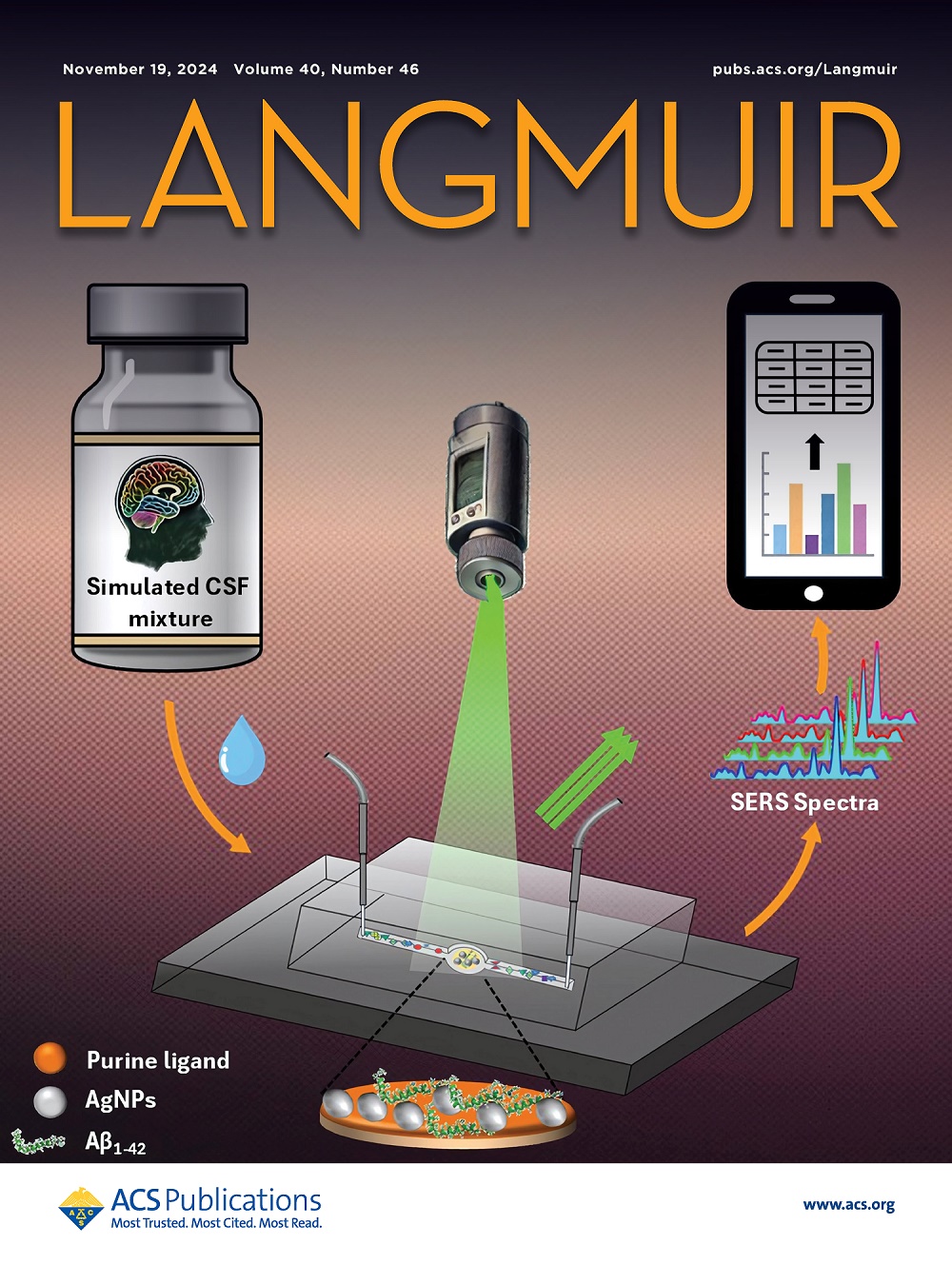焚烧粉煤灰矿粉胶凝材料的耐高温性能。
IF 3.7
2区 化学
Q2 CHEMISTRY, MULTIDISCIPLINARY
引用次数: 0
摘要
研究了粉煤灰和矿粉焚烧作为胶凝材料的可行性,并对其室温性能进行了研究。为考察焚烧粉煤灰矿粉砂浆在火灾环境下的耐高温性能,评价其在重金属离子浸出环境下的安全性,选取不同掺量(30、40、50、60、70%)的焚烧粉煤灰矿粉,研究其在不同温度(20、200、400、600、800℃)下的性能变化及重金属离子浸出情况。实验结果表明,随着焚烧粉煤灰掺量的增加,焚烧粉煤灰-矿粉砂浆的抗压强度先升高后降低。其中,当焚烧粉煤灰掺量超过50%时,砂浆抗压强度明显下降。例如,当焚烧粉煤灰掺量为70%时,砂浆在600℃和800℃时的抗压强度分别仅为2.0和0.7 MPa。发现焚烧粉煤灰-矿粉砂浆的水化产物在高温条件下发生分解。此外,随着粉煤灰焚烧用量的增加,砂浆内部空洞数量增加,从而加速了砂浆在高温环境下的破坏。掺入焚烧粉煤灰剂量在30%至40%范围内的试样能够在暴露于高温环境后保持优异的机械性能。此外,这些标本严格符合危险废物处理的既定标准。本文章由计算机程序翻译,如有差异,请以英文原文为准。
High-Temperature Resistance of Incineration Fly Ash Mineral Powder Cementitious Material.
The feasibility of incineration of fly ash and mineral powder as cementitious materials has been studied, and the room-temperature performance has been investigated. To investigate the high-temperature resistance of incineration fly ash mineral powder mortar in fire environments and evaluate its safety in heavy-metal-ion leaching environments, mineral powders with different dosages of incineration fly ash (30, 40, 50, 60, 70%) were selected, and the performance changes as well as heavy-metal-ion leaching at different temperatures (20, 200, 400, 600, 800 °C) were studied. The experimental findings revealed that the compressive strength of incineration fly ash-mineral powder mortar initially increased and subsequently decreased as the dosage of incineration fly ash was augmented. Specifically, when the dosage of incineration fly ash exceeded 50%, a pronounced decline in the mortar's compressive strength was observed. For instance, at an incineration fly ash dosage of 70%, the compressive strength of the mortar at 600 and 800 °C was merely 2.0 and 0.7 MPa, respectively. The hydration products of the incineration fly ash-mineral powder mortar were found to decompose under high-temperature conditions. Moreover, an increase in the dosage of incinerated fly ash resulted in a higher number of internal voids within the mortar, thereby accelerating its damage in high-temperature environments. The specimens incorporating incineration fly ash at dosages within the range of 30 to 40% are capable of sustaining superior mechanical properties subsequent to exposure to high-temperature environments. Moreover, these specimens are in strict compliance with the established standards for hazardous waste treatment.
求助全文
通过发布文献求助,成功后即可免费获取论文全文。
去求助
来源期刊

Langmuir
化学-材料科学:综合
CiteScore
6.50
自引率
10.30%
发文量
1464
审稿时长
2.1 months
期刊介绍:
Langmuir is an interdisciplinary journal publishing articles in the following subject categories:
Colloids: surfactants and self-assembly, dispersions, emulsions, foams
Interfaces: adsorption, reactions, films, forces
Biological Interfaces: biocolloids, biomolecular and biomimetic materials
Materials: nano- and mesostructured materials, polymers, gels, liquid crystals
Electrochemistry: interfacial charge transfer, charge transport, electrocatalysis, electrokinetic phenomena, bioelectrochemistry
Devices and Applications: sensors, fluidics, patterning, catalysis, photonic crystals
However, when high-impact, original work is submitted that does not fit within the above categories, decisions to accept or decline such papers will be based on one criteria: What Would Irving Do?
Langmuir ranks #2 in citations out of 136 journals in the category of Physical Chemistry with 113,157 total citations. The journal received an Impact Factor of 4.384*.
This journal is also indexed in the categories of Materials Science (ranked #1) and Multidisciplinary Chemistry (ranked #5).
 求助内容:
求助内容: 应助结果提醒方式:
应助结果提醒方式:


